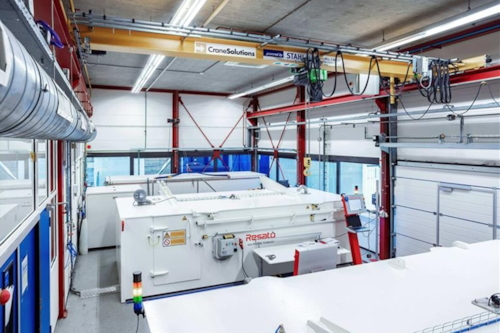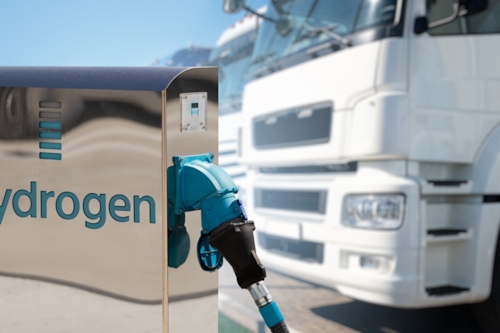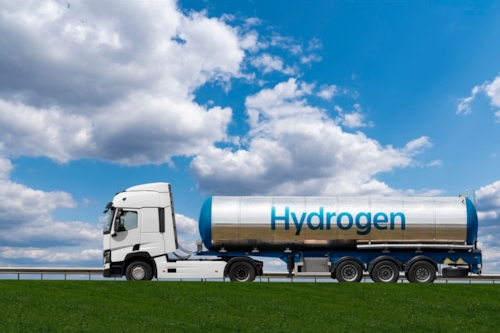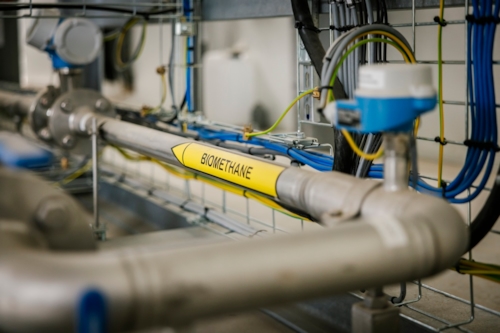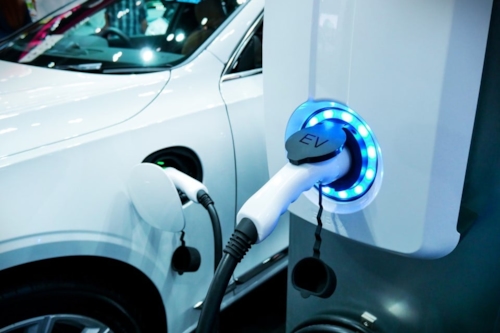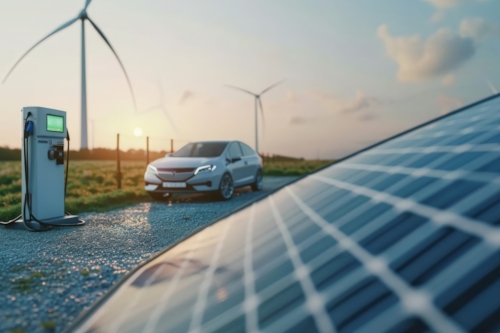Safe, certified and future-proof: how Kiwa supports the development of hydrogen components
The use of hydrogen as a sustainable energy carrier is growing rapidly, particularly in mobility and storage applications. For manufacturers of hydrogen tanks and components, this means an increasing need to comply with complex and diverse standards, ranging from automotive regulations to international transport legislation. Kiwa supports this development with a complete package of testing and certification services.
